Keynote Speakers

Head of School of Computing and Information Systems
Melbourne School of Engineering
Abstract: The talk will start with a brief general introduction to Artifical Intelligence, in particualr the areas andmethods that are relevant to medical dataming and decisions support. Using some work published in hihgly reagrded journals, I wll then highlight some of the specific difficultes when undertaing datamining work in the medical area, such as imbalanced data sets, imprecise expert opinions, the need to form cohorts and control for cofounding and the difficulty to validate results. Finally, I will then show some current research that addresses these difficulties using state-of-the art algortihms and methodologies.
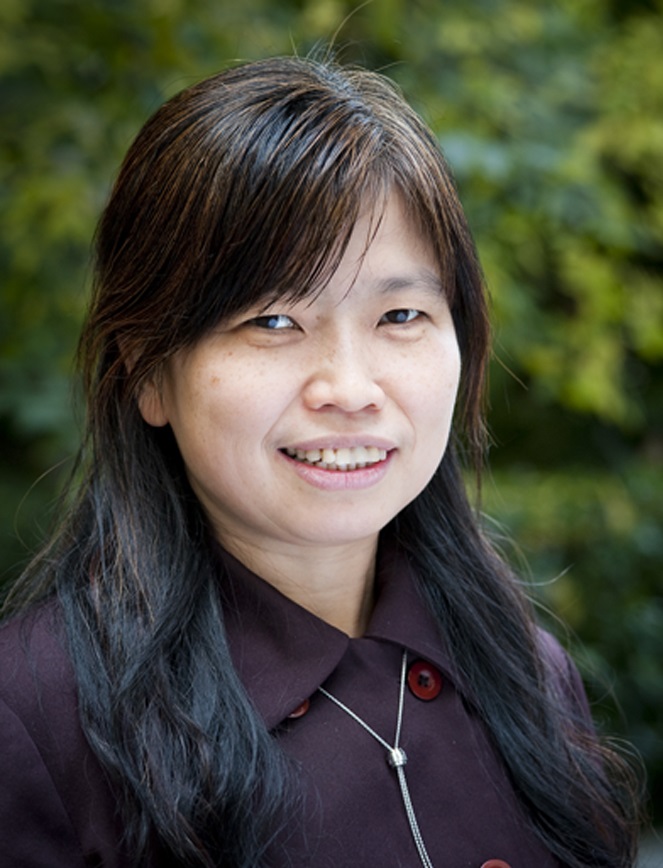
Professor and Chair, Department of Computer Science and Information Technology
La Trobe University
Abstract: Solving modern biomedical problems, especially those involving genome data, requires advanced computational and analytical methods. The huge quantities of data and escalating demands of modern biomedical research increasingly require the sophistication and power of computational techniques for their pattern discovery. In this talk, I will demonstrate to use artificial intelligence techniques for pattern mining in bioinformatics applications.
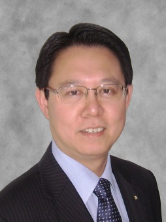
Associate Deputy Vice Chancellor
RMIT University
Abstract: Artificial Intelligence (AI) as an enabling intelligent systems technology is playing a more and more important role in today’s industry and society. Complex Networks, on the other hand, represent characteristics of many large-scale real-world network systems. The recent advances in AI have provided a powerful platform technology to solve complex problems, while CN presents an alternative way to make problem-solving simpler and faster.
In this talk, we will first discuss recent developments in both AI and CN, and then examine emerging issues associated with synergetic interplay between them to bring out the best of both fields. We will also touch on potential new thinking paradigms beyond AI to deal with complex problems arising from these systems, speculating innovative methodologies inspired by the Nature for the future. Particular attention will be given to the modelling, control and optimisation issues in large-scale industrial engineering systems such as smart grids. Several real-world industrial problems including some of our own research work will be used as case studies.
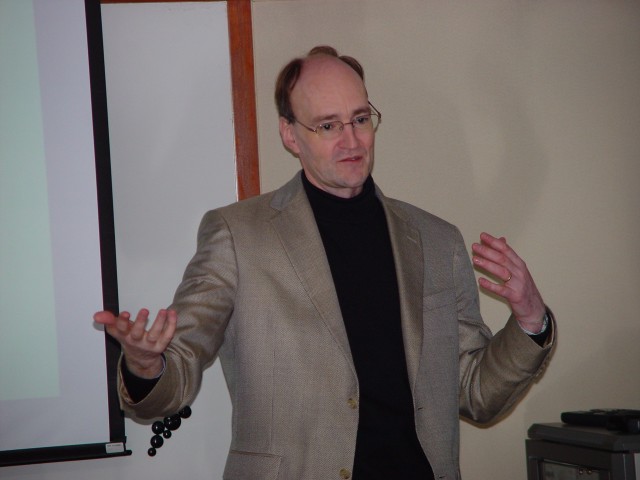
Full Professor, Artificial Intelligence Laboratory
Ecole Polytechnique Fédérale de Lausanne (EPFL)
Title: The Quest for Privacy-Preserving AI
Abstract: As AI is increasingly called upon for decisions with significant impact on our lives, it needs to access information that we would like to keep private. While this is often a source of privacy leaks, careful design also allows privacy guarantees that were not available before using AI. I will talk about the state of the art and the possibilities they offer to improve our privacy, both in problem-solving and machine learning.
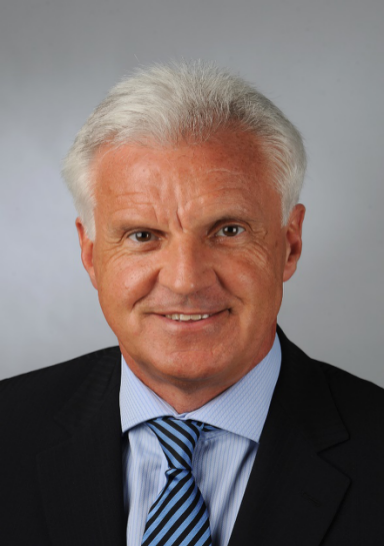
Professor & Chairman Discipline of Anesthesiology
The University of Queensland
Abstract: Indeed, pandemics are silent killers. As one author described it, these viruses are the tiniest and primitive creatures, invisible to the naked eye form of life, which have the world under his control. Humans no longer are the masters of the world. The virus has the world in his grip and we all struggle to survive.
However, plagues, major outbreaks and pandemics are of all times and probably have killed more people than all previous wars together. We often remember wars, not pandemics. Hence, we have forgotten to be prepared for pandemics; governments lack to have a plan ready to be prepared for the next epidemic. We now see that the US, India, Brazil, Russia and Argentina have topped the 1 million mark of positive cases, with many other countries following soon in their steps. And these figures are for sure an underreporting of the reality, with second waves showing we’re far from controlling the virus.
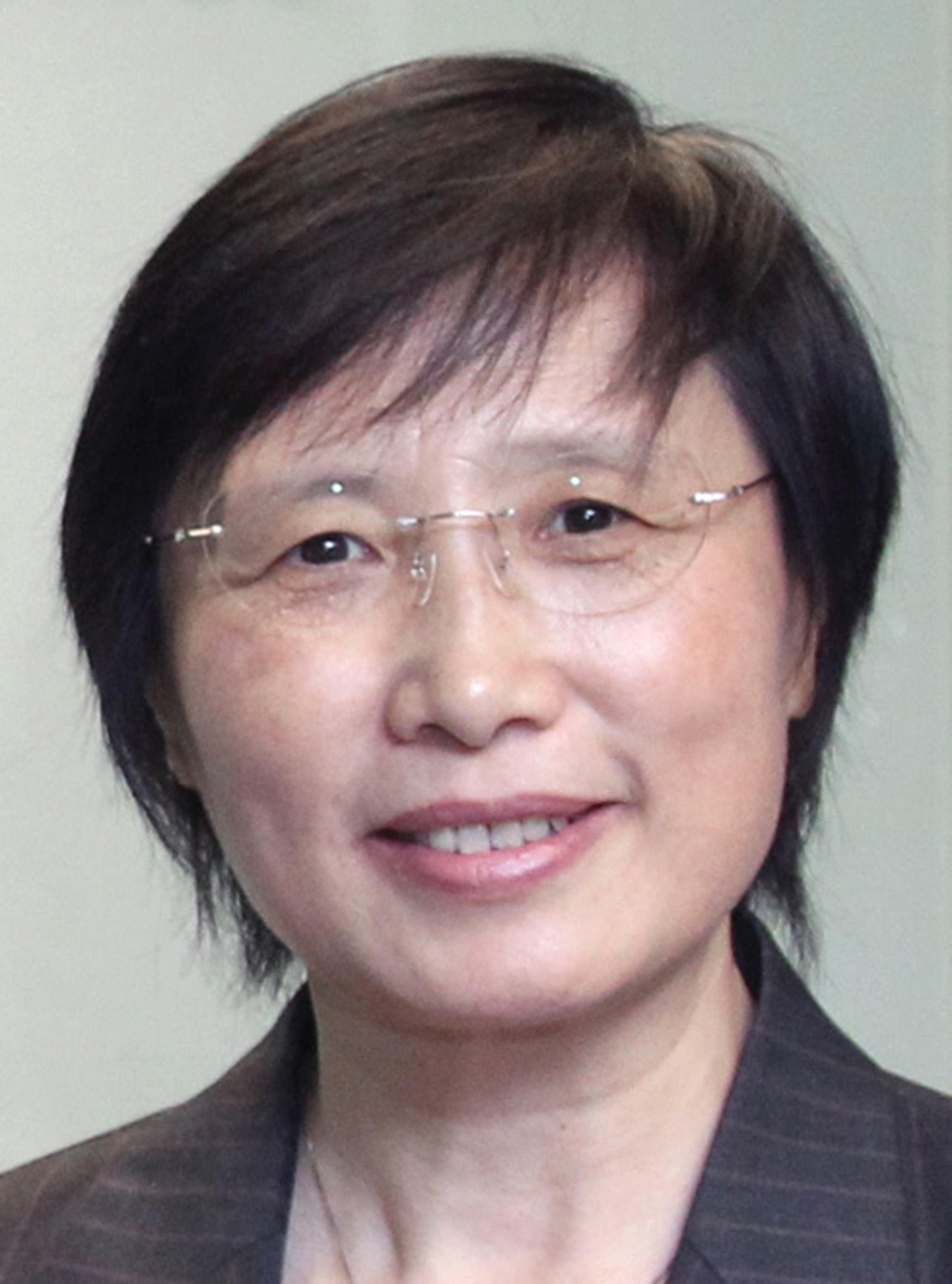
Chair Professor, Co-Director of CAS AMSS-PolyU joint Laboratory in Applied Mathematics, Director of University Research Facility in Big Data Analytics
The Hong Kong Polytechnic University
Abstract: This talk will discuss new algorithms and theory for nonsmooth nonconvex optimization in deep learning with applications in optical coherence tomography (OCT) image analysis. We will consider the computation of generalized gradients of nonsmooth nonconvex functions in stochastic gradient algorithms and conditions for solution consistency between problems with capped folded concave penalties and cardinality penalties. We will review some worse-case complexity results for nonsmooth nonconvex non-Lipschitz sparse optimization. We will show some examples of automatic retinal and choroid layer segmentation from OCT images using deep learning.

Professor and the Wexler Chair in Information Technology at the Department of Computer Science
University of Illinois at Chicago
Abstract: In the era of big data, there are abundant of data available across many different data sources in various formats. “Broad Learning” is a new type of learning task, which focuses on fusing multiple large-scale information sources of diverse varieties together and carrying out synergistic data mining tasks across these fused sources in one unified analytic. Great challenges exist on “Broad Learning” for the effective fusion of relevant knowledge across different data sources, which depend upon not only the relatedness of these data sources, but also the target application problem. In this talk we examine how to fuse heterogeneous information to improve mining effectiveness over various applications, including social network, recommendation, malware detection, etc.

Professor of Computer Engineering and and Computer Science
University of Toronto
Abstract: Popularly known for powering cryptocurrencies such as Bitcoin and Ethereum, blockchains are seen as a disruptive technology capable of impacting a wide variety of domains, ranging from finance to governance, by offering superior security, reliability, and transparency in a decentralized manner. In this talk, we take a comprehensive look at all aspects related to blockchains by deconstructing blockchain systems into six layers: Application, Modeling, Contract, System, Data, and Network. We review potential applications which can benefit from blockchains, and we describe the associated research challenges. Finally, we conclude by reviewing potential research directions.
To be advised.
| Edward Feigenbaum(Turing Award Laureate) | WI-IAT 2001 |
| Lotfi A. Zadeh | WI-IAT 2003 |
| John McCarthy (Turing Award Laureate) | WI-IAT 2004 |
| Richard M. Karp (Turing Award Laureate) | WI-IAT 2007 |
| Edward Feigenbaum(Turing Award Laureate) | WI-IAT 2012 |
| John Hopcroft (Turing Award Laureate) | WI-IAT 2013 |
| Andrew Chi-Chih Yao (Turing Award Laureate) | WI-IAT 2014 |
| Joseph Sifakis (Turing Award Laureate) | WI-IAT 2015 |
| Butler Lampson (Turing Award Laureate) | WI 2016 |
| Leslie Valiant (Turing Award Laureate) | WI 2016 |
| Raj Reddy (Turing Award Laureate) | WI 2017 |
